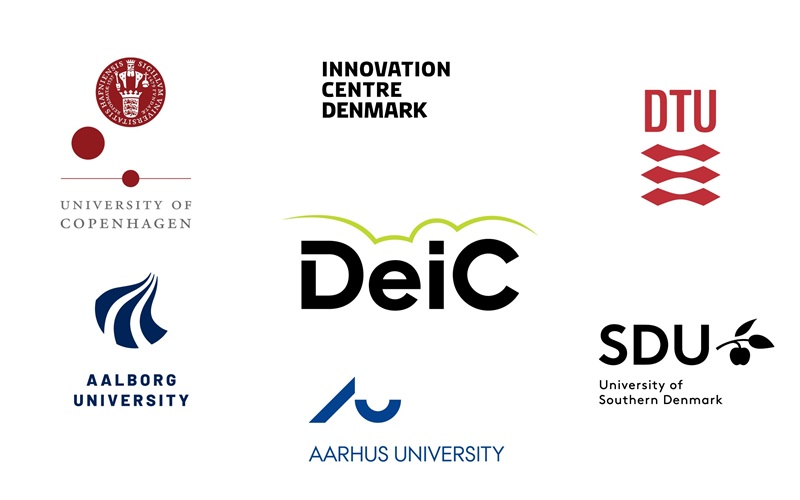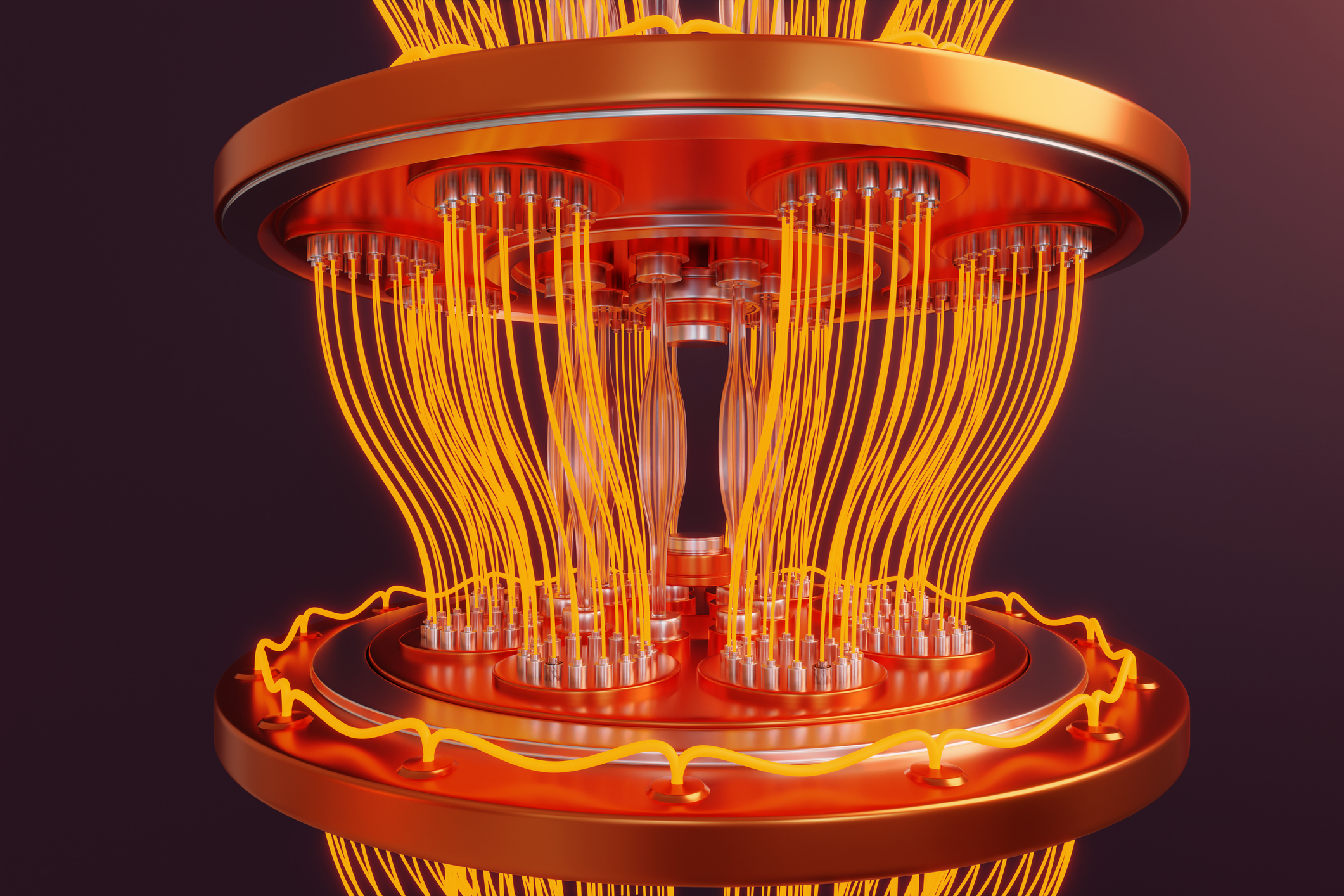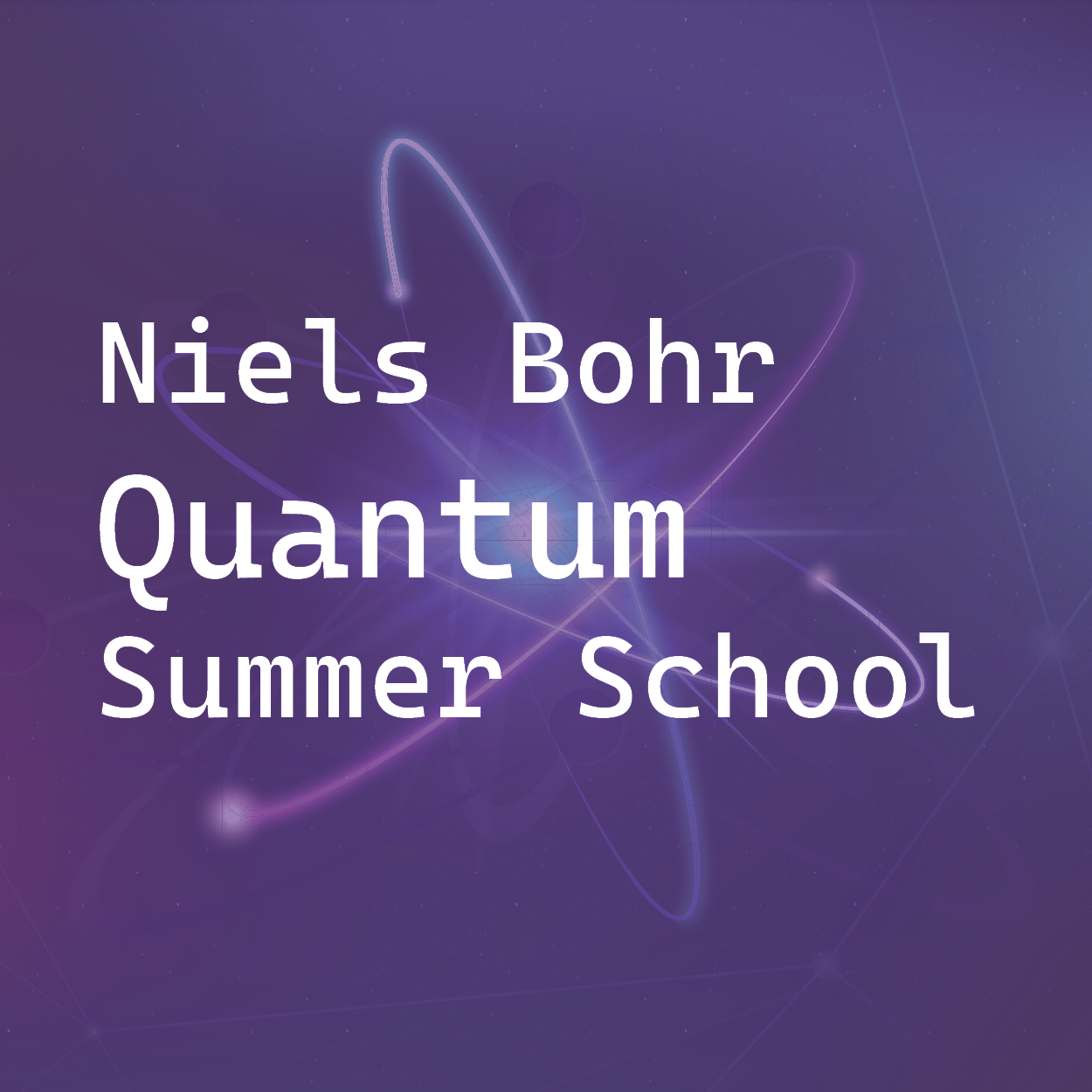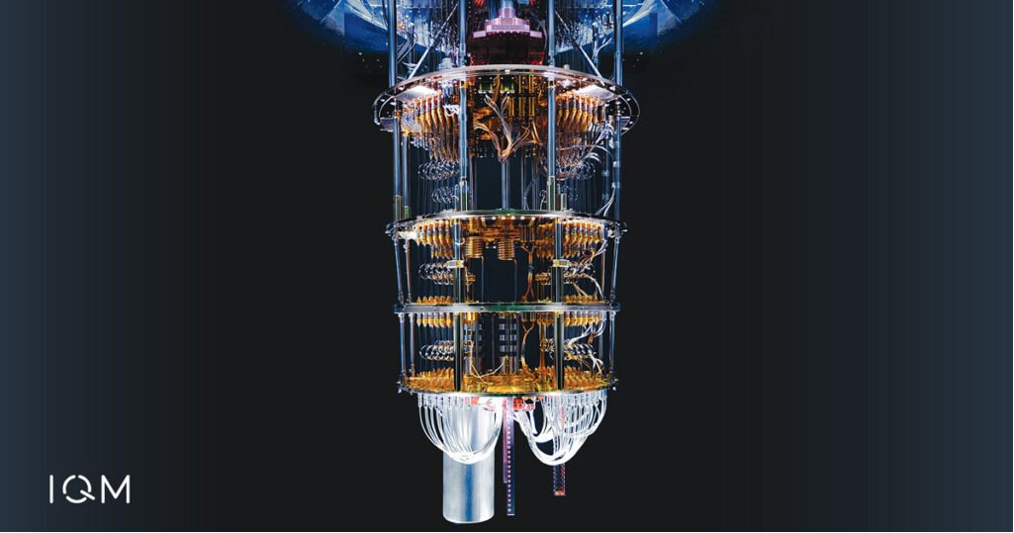
Join the Niels Bohr Quantum Summer School and be part of a journey of learning, discovery, and cultural immersion, where cutting-edge research meets real-world innovation.
The summer school is fully booked for 2025, but keep an eye on the site for info about the summer school in 2026
Here is a little recap from Niels Bohr Quantum Summer School 2025:
The program welcomes both Danish and international Ph.D. students, providing a unique international perspective.
At this summer school, you will learn from leading scientists and industry professionals at the forefront of quantum technologies.
The program opens the gateway for you to immerse yourself in academic excellence, while offering a vibrant cultural and social experience.
This is a unique opportunity to connect with like-minded peers and industry leaders, expanding your professional network across borders and professional paths.
About the programme
As a participant you will dive into a range of topics like:
- quantum information
- quantum computing theory
- quantum systems
- quantum & AI
The programme will also feature laureates sessions, allowing you to engage in discussions across generations.
Additionally, you will participate in a Student Challenge. Divided into groups based on your chosen topic, you will tackle hands-on projects in areas such as experimental realization, theory & simulations, algorithms & applications, business, and education & outreach.
The summer school is accredited by the University of Copenhagen.
The Niels Bohr Quantum Summer School also includes a social program designed to foster connections among the participants and introduce them to the buzzing city of Copenhagen.
Who can attend?
Students pursuing a Ph.D. in physics, mathematics, chemistry, computer science, or related fields, who already have some foundational knowledge of quantum mechanics and wish to deepen their understanding.
Note that a high proficiency in English is required. The summer school aims to enrol 35 Danish students and 35 international students. Among the international applicants priority will be given to students from the USA, Israel, South Korea, and Germany, as these countries are highlighted in the Danish National Quantum Strategy and host Danish Innovation Centres. Applicants from other countries mentioned in the Danish National Quantum Strategy will be considered next, followed by students from the EU or Nordic countries.
Important dates
10 August: Arrival day
11 August: Summer school starts at 10:00 (Jagtvej 132) 21 August: QCopenhagen - an industry event in connection with the summer school Register for QCopenhagen
22 August: Summer school ends
Participation costs and financial support
If you are accepted as a participant, we will charge a sign-up deposit of DKK 2000 (approximately $279 or €269), which will be returned to you upon your completion of the summer school.
The summer school is funded by the Danish Ministry of Higher Education and Science. This means that tuition, accommodation, planned social activities and most meals (except dinner) are free.
If your Ph.D. grant does not include funding for travel, you may apply for reimbursement of travel expenses up to DKK 5,000 (including VAT), approximately $697 or €670.
Participants are responsible for: Visa applications (if applicable) and travel insurance. For visa requirements, visit New to Denmark
Application process
To apply you fill out the form, that you may find by clicking on the image below. Here you must also upload the following documents in a single PDF-file:
- Letter of motivation (max. one A4 page)
- CV
- Recommendation letter from your Ph. D Supervisor
Use the file name format: Home_University_FirstName_LastName.pdf
The summer school evaluation committee will carefully review all applications. Selections will be based on academic qualifications, and motivation. The process also aims to ensure a balanced and inclusive group, reflecting diversity in backgrounds, disciplines, and perspectives.
Lecturers:
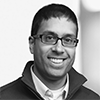 |
Aashish Clerk |
|
| University of Chicago | ||
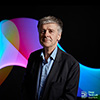 |
Cathal Mahon |
|
| Deep Tech Lab | ||
 |
Charles Bennet | Google Scholar |
| IBM Research | ||
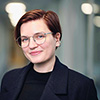 |
Eliška Greplová |
|
| Delft University of Technology | Google Scholar | |
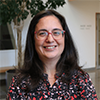 |
Giovanna Sammarco Tancredi |
|
| Chalmers University of Technology | Google Scholar | |
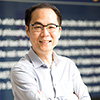 |
Jaewook Ahn |
Google Scholar |
| Korea Advanced Institute of Science & Technology | ||
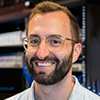 |
Jeffrey Grover |
|
| Massachusetts Institute of Technology | Google Scholar | |
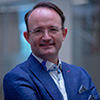 |
Jonatan Kutchinsky |
|
| Quantum Machines | ||
 |
Jørgen Ellegaard Andersen |
|
| University of Southern Denmark & QPurpose | ResearchGate | |
 |
Marcus Rommel |
|
| Chalmers University of Technology & ConScience AB | ResearchGate | |
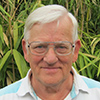 |
Poul Erik Lindelof |
|
| University of Copenhagen | ResearchGate | |
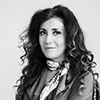 |
Sabrina Maniscalco |
|
| Aalto University & Algorithmiq | Google Scholar | |
 |
William Oliver
|
|
| Massachusetts Institute of Technology | Google Scholar | |
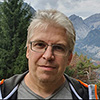 |
Wolfgang Dür |
Google Scholar |
| University of Innsbruck | ||
|
|
|
|
|
|
|
A part of a national initiative
The Niels Bohr Quantum Summer School is a direct result of the Danish National Quantum Strategy Part 2, published in 2023. The summer school is therefore designed to showcase the entire Danish quantum ecosystem, aligning with the strategy’s objective of fostering a robust and innovative quantum sector in Denmark.
In its first year, the summer school will be held in Copenhagen at the historic Niels Bohr Institute.
Future installments will rotate among other universities in Denmark in the following sequence:
- 2026: University of Southern Denmark
- 2027: Technical University of Denmark
- 2028: Aalborg University
Planning committee
